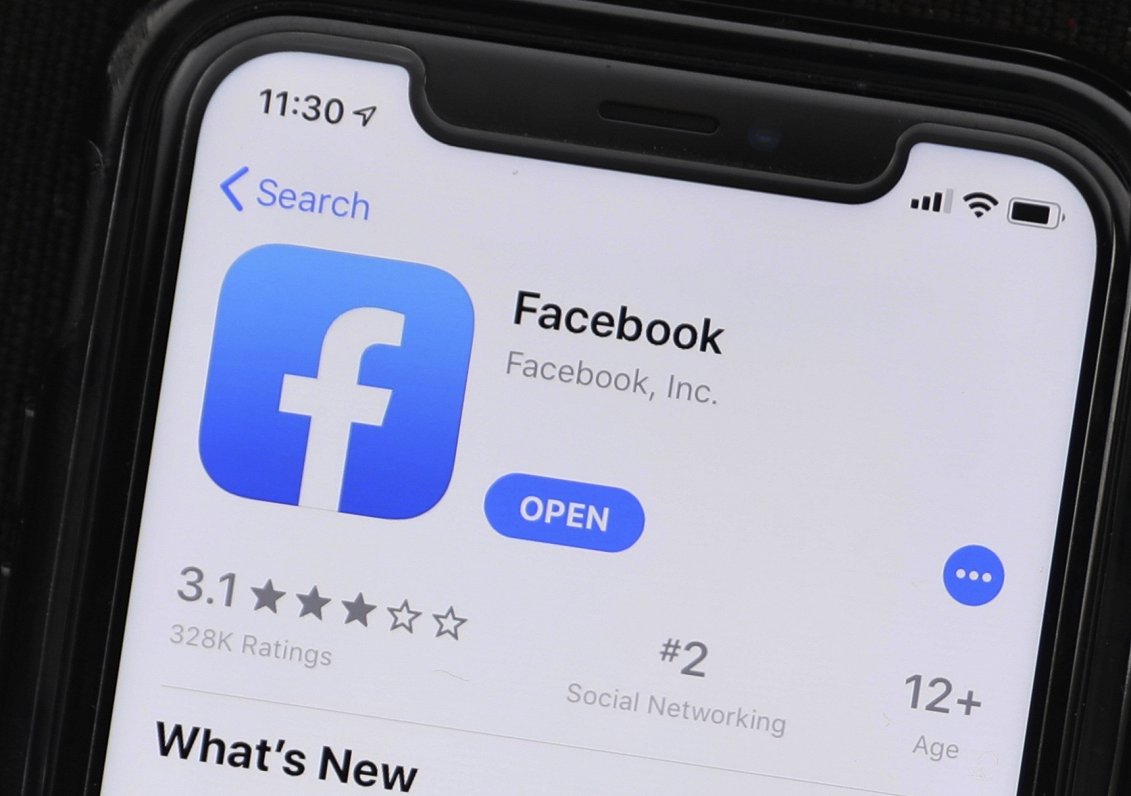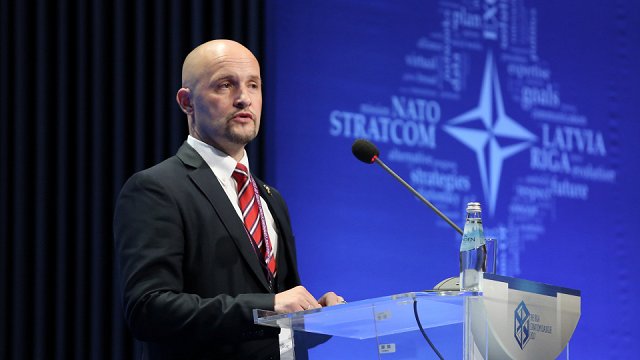As reported by LSM last month, the Baltic Center for Investigative Journalism, Re:Baltica, was recently hired to become an official fact-checker for the Facebook social media network, with a brief to sniff out false and potentially dangerous posts.
However, the news did not go down well with some of the people placed under scrutiny by Re:Baltica in the past, leading to a situation in which conspiracy theorists - apparently without noticing any irony - formed their own conspiracy to undermine Re:Baltica's efforts and break the relationship with Facebook.
"At least seven mutually independent authors of COVID-19 disinformation aligned together to smear Re:Check, a Facebook certified fact-checking project that had previously debunked them. The authors, together with their supporters, started an online petition and produced videos about how to encourage Facebook to terminate its partnership with Re:Check, as well as sharing other disparaging content about the fact-checking project," writes DFRLab's Nika Aleksejeva.
"The case shows how fact-checkers’ efforts to prevent the spread of disinformation online can be met with resistance, and how Facebook can then turn in a battleground between those who seek to expose disinformation and those who spread it," she writes.
The whole piece makes interesting reading and is available online.
The Digital Forensic Research Lab is part of the Atlantic Council think-tank.





























